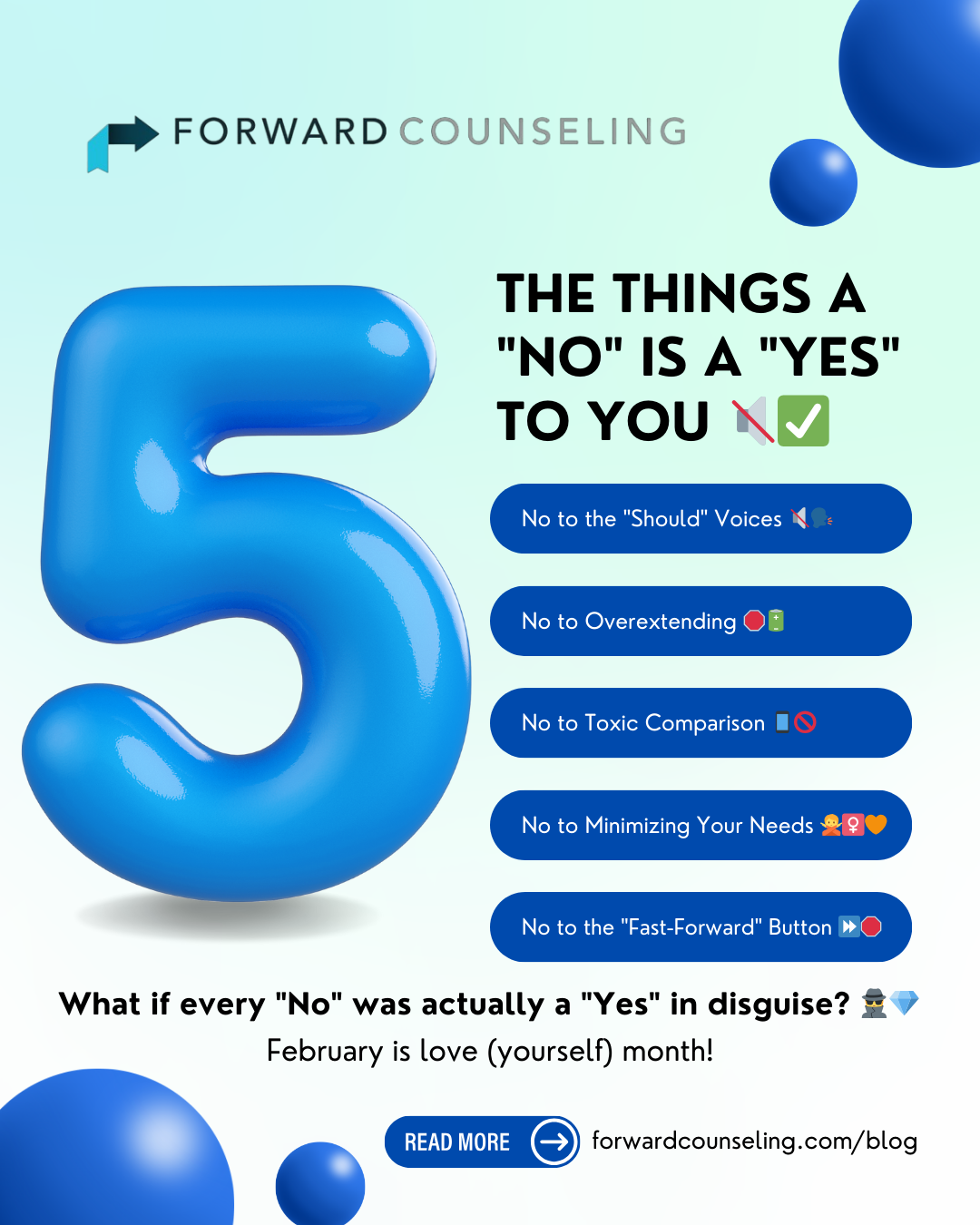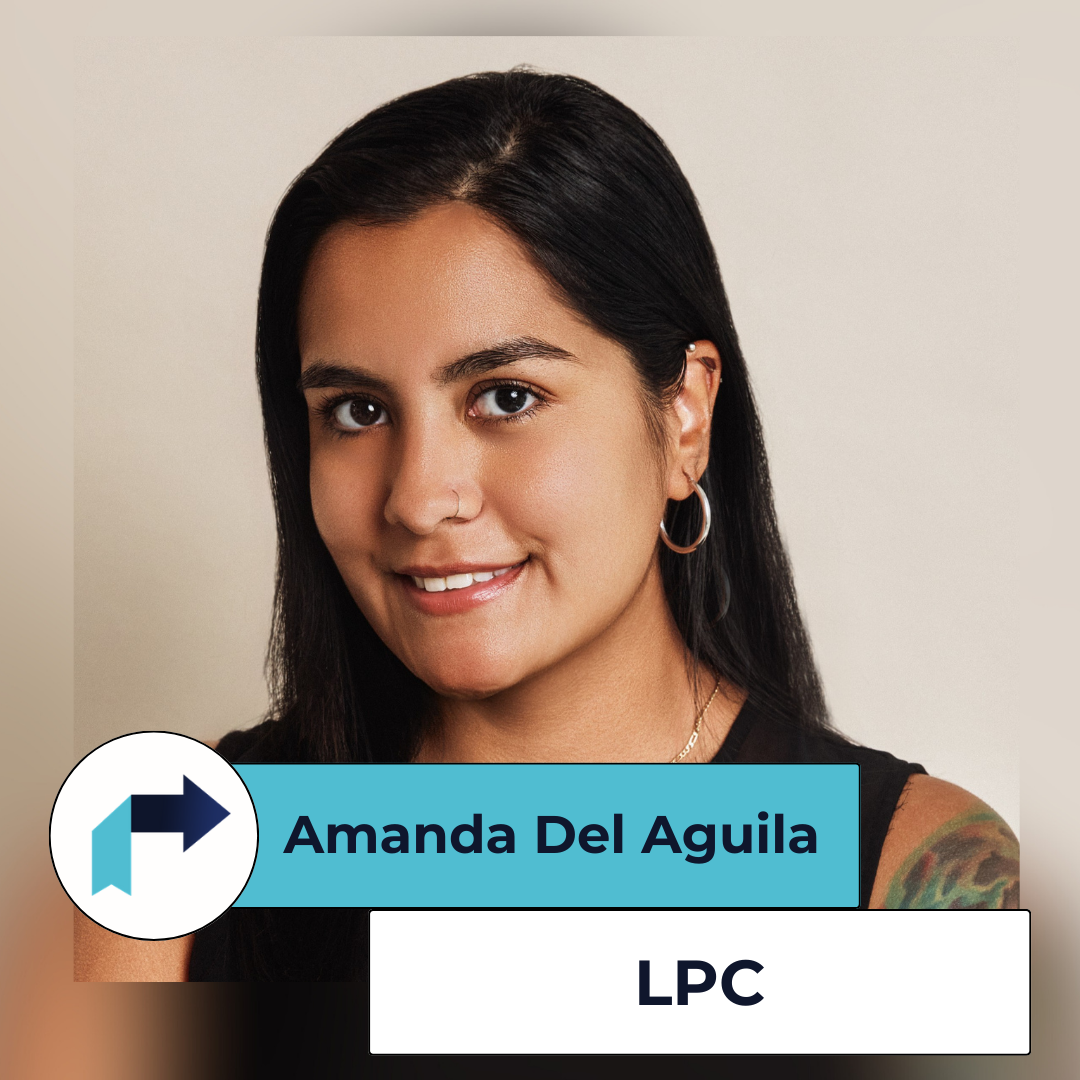Be a better father by ceasing to hit yourself in the head with a baseball bat!
/Fatherhood is one of many roles that people assume in the course of their lifetime, and with the role comes a multitude of stigmas that are inherently detrimental to the well-being of the role player and, often, to those who participate in their life experiences. Whether the person portraying the role is male or female, it is the design of the range of consciousness that we all share that, from birth, we create an identity, a hierophant self, founded upon our life experiences to date. The hierophant is comprised of a ball of beliefs about who we are and, more importantly, how we need to “be” to get more of what we like.
The hierophant self is modified after every thought is processed. If the hierophant self is in a condition that deems the previous thought to be pleasing, we usually leave the condition of the bundle of beliefs alone in the hope that we have finally found a condition that will continue to be pleasing and continue to get us more of what we like. If the previous thought was not pleasing, indicating that the hierophant's condition was disrespected by an external source, we experience stress. We may choose to amend the belief within the hierophant's prevailing bundle of beliefs, refining it in hopes of being more successful next time. Alternatively, we may resist the experience and attempt to change the offending third party, often resorting to force.
Fatherhood is usually thought of as a male role, but not necessarily, and the same stigmatisms that provide the experience of stress for a male also emerge in a female fulfilling the role. Children learn by observing and emulating their parents, siblings, and other close relatives, and, therefore, the experiences available from these people, for children under school age, are the only sources available to lay the foundation for their own identity (hierophant). If the parent’s identities are unaware and built upon tradition, dogma, and detrimental beliefs, the children will probably follow their lead and “inherit” similar beliefs and propagate similar behaviors. This is the foundation for generational unhappiness that affects the child, and ultimately the entire generation.
Stress is our teacher, and if we fail to get the message, it is the equivalent of hitting yourself in the head with a baseball bat. Suffering is repeatedly experiencing stress, meaning you keep hitting yourself in the head with the bat because you repeatedly fail to get the message about what needs to change. Every time a person, male or female, mother or father, experiences stress, it’s because their prevailing expectations were not met by the experience. That is to say, their prevailing hierophant was unsuccessful in getting them more of what they liked, and, therefore, they experienced unhappiness.
Bliss is the ultimate happiness. Bliss is the absence of stress. To experience greater happiness, reduce the stress in your life. This means becoming aware of the beliefs comprising your hierarchy and surrendering those that no longer serve you.
It is certainly possible to perform this healing process yourself, but it is very difficult because you are analyzing your hierophant and beliefs through the lens of the hierophant. The task of a therapist is to provide an objective and knowledgeable look at your hierophant, to help you clearly identify the underlying beliefs you are using to create the hierophant and to aid the inwardly directed focus of your awareness to surrender those beliefs that no longer serve you. If you can perform this task yourself without guidance, terrific. If you can’t, then find a good therapist that you feel comfortable with and begin healing. Stop repeatedly hitting yourself in the head with the baseball bat.






